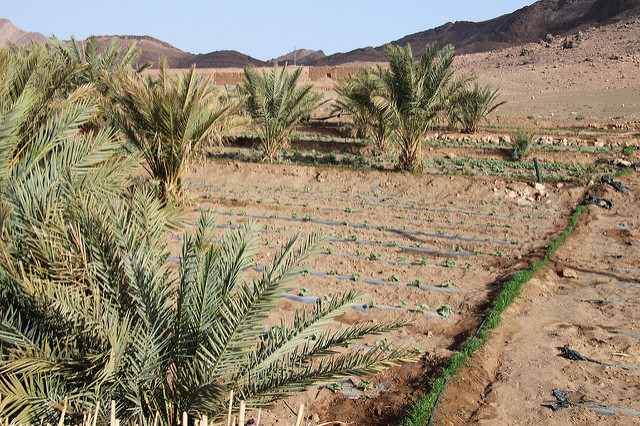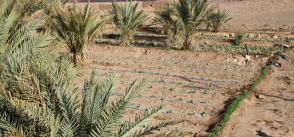
How Morocco became Africa’s agricultural oasis
With the rolling dunes of the Sahara desert overlapping its borders, Morocco may be an unlikely candidate to lead the region in water control and management.
Yet it is precisely these natural features and the challenge of water scarcity that prompted the country to invest heavily in irrigation to boost food production and withstand droughts.
Today, Morocco mobilises an estimated 22 billion cubic meters of water, and has equipped around 20 per cent of all its cultivated land for irrigation.
As a new report launched at the Malabo Montpellier Panel Forum in Rabat reveals just six per cent of arable land in Africa is irrigated, Morocco can offer valuable insights to help other countries tap into this enormous potential to expand irrigation.
One key factor in Morocco’s experience was first to recognise the importance of agriculture to broader economic and social goals, and then to recognise the importance of irrigation to agriculture.
Placing agriculture at the heart of Moroccan policies and taking into account relative water scarcity, it quickly became apparent that developing the irrigation sector was crucial to meet expected economic growth and ensure food security of the population.
Read the full article by Karim El Aynaoui, Managing Director of Policy Center for the New South | via Farming First.
[Photo by Richard Allaway | Flickr]







